Squirrel Boss Bird Feeder
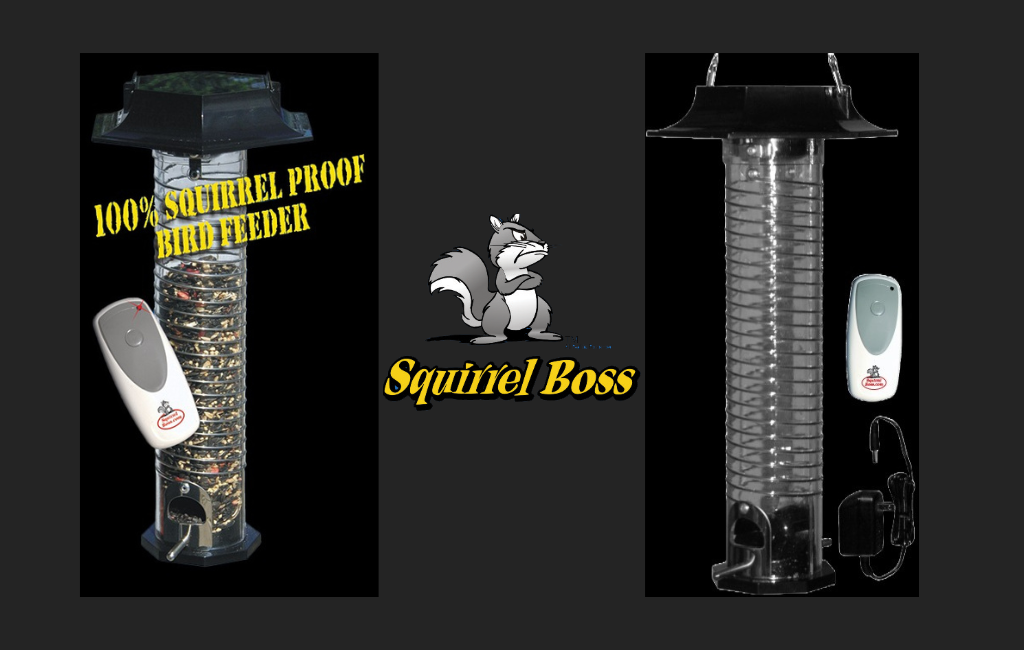
NO DEAL
EPISODE SUMMARY
🕓 Air Date: May 3, 2013
Asking For:
$130,000 for 40%
Investor:
No Deal
Deal:
No Deal
PRODUCT SUMMARY
Squirrel Boss is the world's first interactive squirrel-proof bird feeder that delivers a harmless static-shock correction to deter squirrels.
WATCH HERE
IN A RUSH?
Click these to jump to the section you want to read.
Background Story
Squirrel Boss was pitched by Michael J. DeSanti, aka Mike D., on Shark Tank. DeSanti, the founder, introduced the product seeking $130,000 in exchange for a 40% stake in the company. He explained that Squirrel Boss was designed to address the issue of squirrels raiding bird feeders. DeSanti, aware of the cuteness of squirrels but frustrated by their bird feeder raids, conceived the idea for Squirrel Boss to offer a humane yet effective solution.
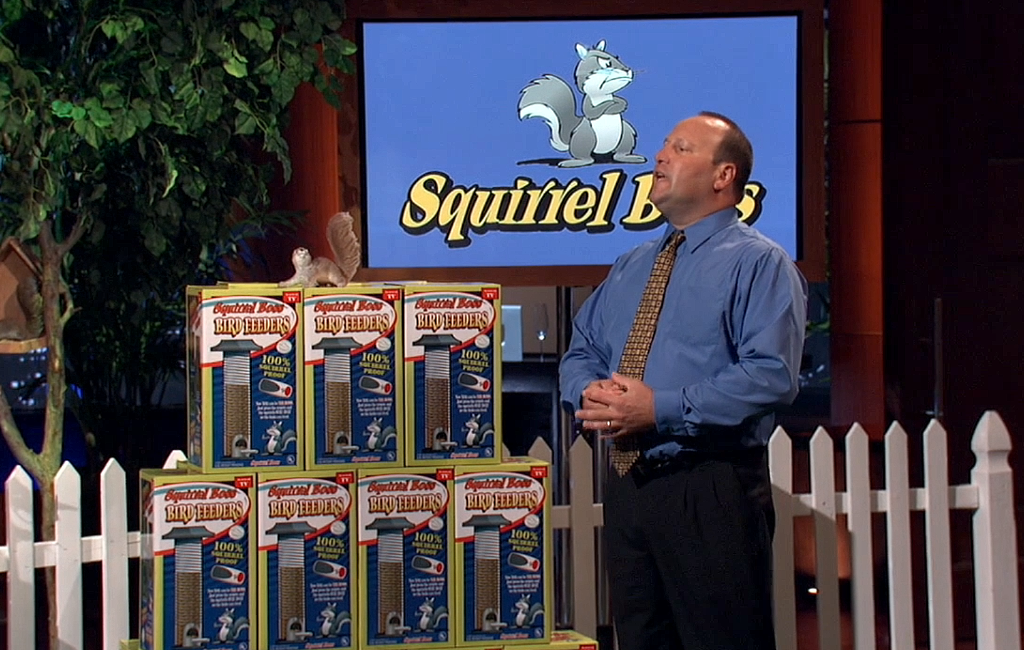
He aimed to create a product that would discourage squirrels without causing them harm, as an alternative to lethal force, which he claimed was a common method used by some frustrated bird enthusiasts. DeSanti highlighted the potential impact of Squirrel Boss in saving the lives of countless squirrels while also preserving the enjoyment of birdwatching for enthusiasts.
The Product
Squirrel Boss is an innovative bird feeder equipped with a remote control that delivers a harmless static-shock correction to squirrels attempting to access the bird feed. The static shock is akin to walking across a carpet and touching something, providing a mild deterrent without causing harm.
The device operates by allowing users to remotely activate the correction when a squirrel is detected on the feeder, discouraging further attempts. Squirrel Boss is marketed as the world’s first interactive squirrel-proof bird feeder, offering a humane solution to the common problem of squirrels raiding bird feeders.
The product is available for purchase through various channels, including online platforms, with an average wholesale price of $47.47 per unit.
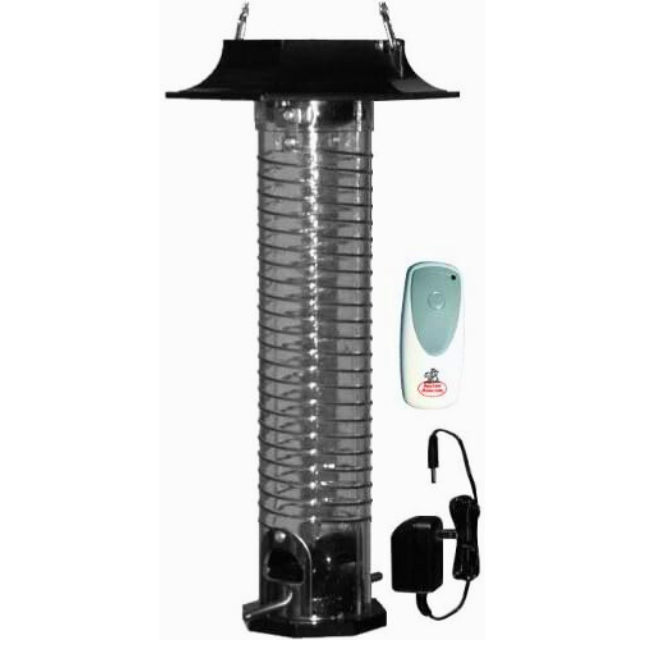
How It Went
The company’s position before Shark Tank
Squirrel Boss had generated sales of $196,096, equivalent to 4,131 units sold, with an average wholesale price of $47.47 per unit. DeSanti had initially secured $140,000 from an angel investor and had paid back all but $38,000.
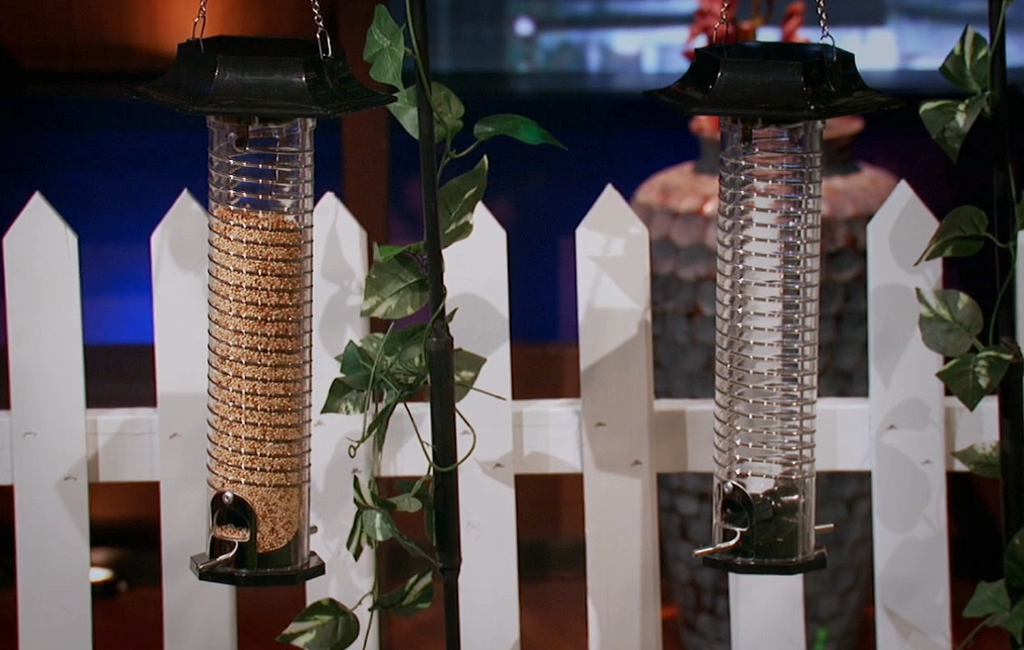
However, the company faced challenges, including ineffective traditional marketing efforts that amounted to $60,000 in expenses. Despite these setbacks, DeSanti remained committed to the success of Squirrel Boss, investing his own funds into the venture. The company’s structure and partnerships were not explicitly mentioned in the pitch.
The Negotiations:
Despite DeSanti’s passionate pitch and demonstration of the product’s effectiveness, none of the sharks were convinced to invest in Squirrel Boss. While some acknowledged the novelty of the product, they ultimately expressed concerns about its market viability and ethical implications.
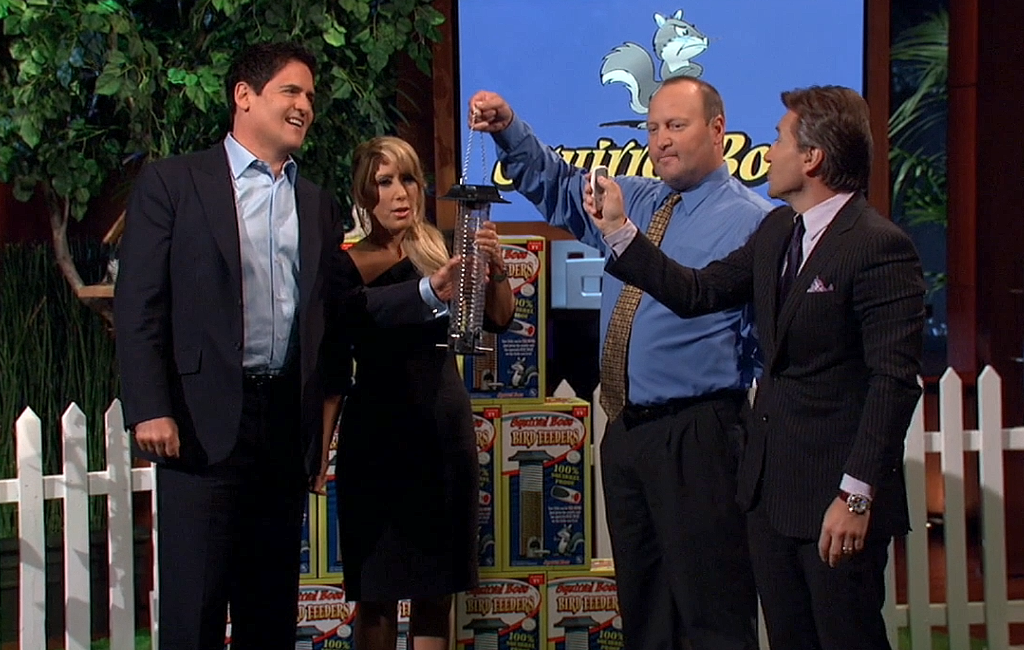
Robert Herjavec viewed it as a quirky product with limited potential for substantial returns and opted out. Kevin O’Leary and Lori Greiner were also unconvinced, citing personal reservations about the product’s approach to deterring squirrels. Ultimately, none of the sharks offered a deal, leaving DeSanti to leave the tank without securing an investment.







